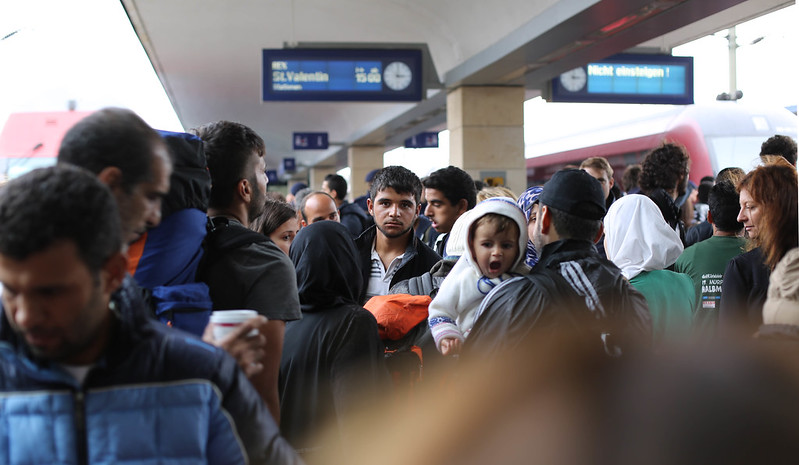Many of today’s most pressing social and environmental problems are characterised by the risk of a collective disaster. Action is required, for instance, to prevent global warming and climate threats, but also to keep the spread of the COVID-19 pandemic under control. Since top-down measures to prevent these threats are insufficient, large-scale bottom-up behavioral change is needed to respond to these risks.
This project on norms and risks studies behavior of people in the face of risk and asks how social norms (informal rules that constraint behavior) can form and motivate people to cooperate in collective risk settings. It applies a multi-method approach in which survey-based, experimental and computational methods are integrated. Knowledge from this project will advance our scientific understanding of how social norm change gets off the ground in situations of collective risks and how people respond to ongoing and future global threats, in particular pandemic and climate threats. It will also allow us to identify novel interventions to favor the formation of beneficial social norms that help dealing with global threats, e.g. natural catastrophes, disinformation campaigns and spread of infectious diseases.
Regular meetings with stakeholders will help transfer lessons learnt to other urgent societal threats that Swedish society is now facing, such as immigration, segregation and forest fires.









